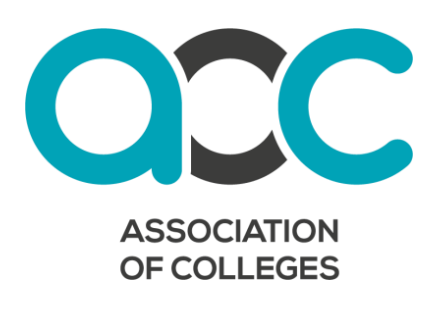Our response to the Education Committee's "Value for money in Higher Education" report
/We welcome a number of the findings in the House of Commons Education Committee’s report: Value for money in higher education.
The report highlights a series of challenges that are key to ensuring that students from disadvantaged backgrounds are able to access, succeed, and benefit from Higher Education.
We fully agree with the Committee's position that the current system of funding Higher Education is "widely misunderstood". In seeking to promote "better public understanding" we endorse an approach which provides funding for the enhanced training of teachers and careers advisors, and provides support for other key influencers including parents. As a recent CfE report (2018) for the Office for Studies pointed out, "support[ing] the supporters" is crucial if we are to make progress towards the goal of fair access.
A number of the report's recommendations focus on the provision of greater data for students including:
more information on contextual admissions policies,
better statistics on labour market outcomes,
the publication of a breakdown of how universities and HEIs spend tuition fees.
While we approve of these objectives, we believe that it is essential for policymakers to emphasise the importance of structured advice and guidance alongside more sources of information.
The Careers and Enterprise Company's "Moments of Choice" paper (2016) points out that "young people are presented with a choice environment in which attempting to act rationally looks like an irrational choice. It is simply too difficult." The response to “too much choice” should not be “too much information”.
If we are to support young people in making difficult decisions, we need to ensure that networks of support are in place so that young people are provided with the information they require and the guidance they urgently need.






